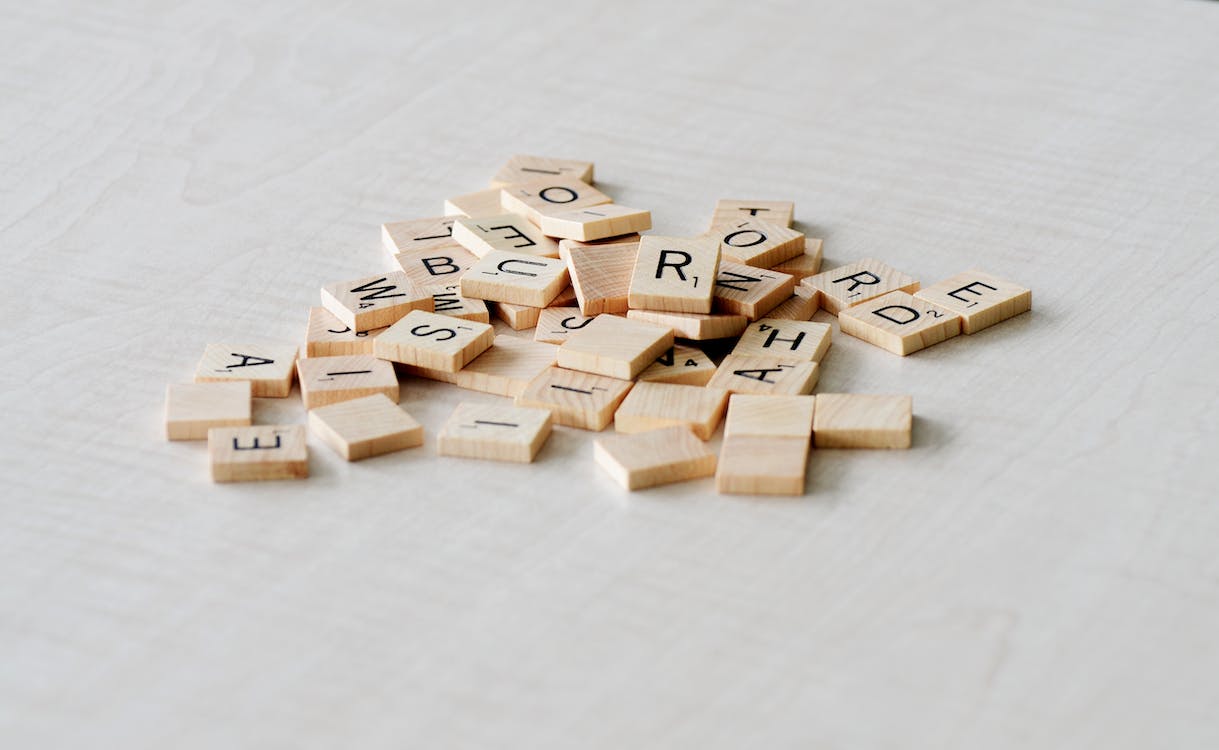Dementia, a condition that affects memory and cognitive functions, can present daily challenges that require innovative solutions. Mnemonics, memory aids that help us recall information, can play a significant role in mitigating these challenges and enhancing the quality of life for individuals with dementia. These simple yet effective tools can make a remarkable difference in daily tasks and interactions. In this article, we explore some useful mnemonics tailored for individuals living with dementia.
1. “Plan Ahead with PEGS”
When it comes to remembering a sequence of tasks, the PEGS mnemonic can be a valuable tool. PEGS stands for Place, Event, Gesture, and Sound. Assigning these elements to each step in a task sequence can help create a vivid mental image that aids memory recall. For instance, if someone with dementia is trying to remember their morning routine, they can associate the act of brushing teeth (Place) with the bathroom sink, visualize the sun rising (Event) to represent morning, perform a distinctive gesture while brushing (Gesture), and focus on the sound of water running (Sound).
2. “BEDS: Belongings, Exit, Doorknob, Switch”
Leaving the house safely and securely can be a concern for individuals with dementia. The BEDS mnemonic can serve as a helpful reminder before leaving. BEDS stands for Belongings (ensure you have your essentials), Exit (double-check doors and windows are locked), Doorknob (hold onto the doorknob as you close the door), and Switch (turn off lights and appliances). This mnemonic aids in establishing a routine that reduces the risk of leaving important things behind or compromising home security.
3. “FACE: Food, Activities, Contacts, Exercise”
Staying engaged and maintaining a healthy lifestyle are crucial aspects of managing dementia. The FACE mnemonic acts as a guide for daily self-care. FACE stands for Food (nutrition and meals), Activities (engaging in hobbies and tasks), Contacts (keeping in touch with friends and family), and Exercise (physical activity). By focusing on these four elements, individuals with dementia can structure their day in a way that promotes well-being and positive interactions.
4. “HOME: Help, Organise, Memories, Everyday”
Organising and managing tasks can become overwhelming for those with dementia. The HOME mnemonic streamlines the approach. HOME stands for Help (ask for assistance when needed), Organise (keep items in designated places), Memories (use photos and mementos to trigger memories), and Everyday (break tasks into manageable steps). This mnemonic encourages a systematic approach to daily activities, reducing stress and fostering a sense of accomplishment.
5. “COUNT: Calendar, Outfits, Urgent, Notes, Tomorrow”
Planning and managing time can be challenging for individuals with dementia. The COUNT mnemonic simplifies this process. COUNT stands for Calendar (check daily schedule), Outfits (lay out clothes in advance), Urgent (address urgent tasks first), Notes (use written reminders), and Tomorrow (prepare for the next day). By following these steps, individuals can navigate their daily routine with more confidence and efficiency.
Incorporating these mnemonics into daily life can empower individuals with dementia, helping them manage tasks, maintain routines, and engage more actively with their surroundings. Customising mnemonics to suit personal preferences and needs can make them even more effective. It’s important to remember that while mnemonics offer valuable support, patience, understanding, and a supportive environment remain essential components of enhancing the lives of those living with dementia.






